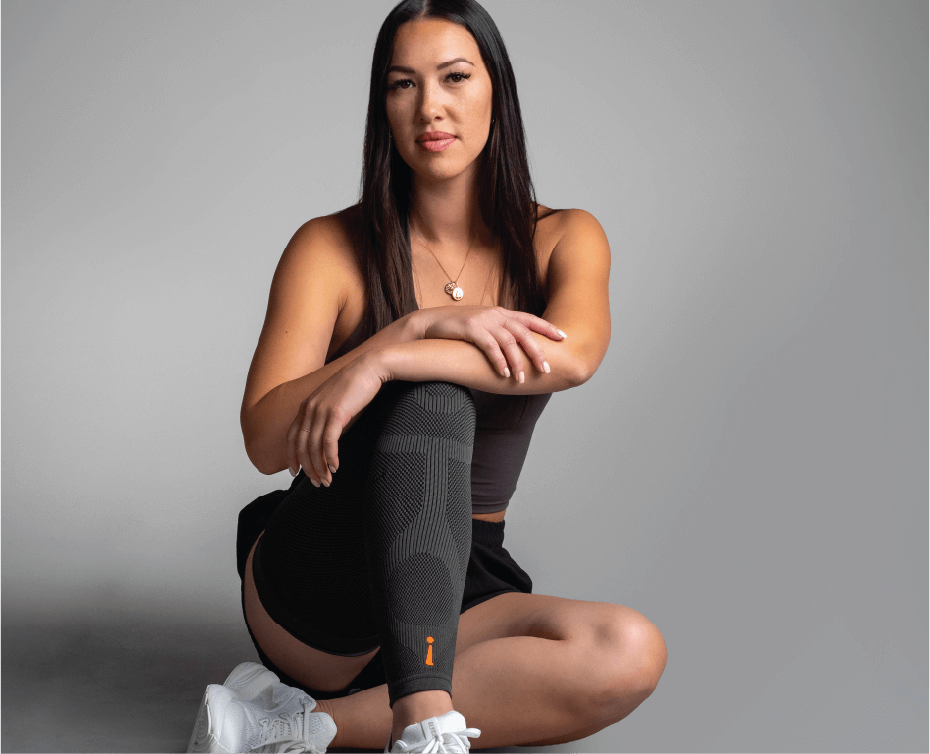If your partner, friend, family member, or other loved one lives with chronic pain, you might be at a loss for how to support them. People often don’t know what to do and how best to offer their support, which can lead to stress and strain on the relationship.
Here are six tips to help you support your loved one as they navigate their chronic pain condition.
Believe them
One of the most exhausting things for chronic pain patients is having others around them, from family members to medical professionals, disbelieve them about their experiences. So start from a place of assuming that your loved one knows their body and their condition best, and that their perception of their pain is accurate.
Do not say “it can’t be that bad” or “it’s all in your head”. You might not be able to see their pain (especially because many chronic pain sufferers become very skilled at masking it), but it is still real.
Don’t try to fix it
Unless your loved one specifically asks you for your input, don’t make recommendations or try to fix their condition. Assume that they are already doing everything they can to manage their condition, along with their healthcare providers.
When we see a loved one in pain, it can be tempting to look for any solution to take their pain away. But this is not your job and you are most likely not qualified to do so. Aim to support, not to fix.
Be flexible with plans
It can be frustrating when your loved one has to cancel on you or change plans. But if this is happening because of their pain, try to be flexible and understanding. Trust that they are not doing it to annoy you or to be disrespectful of your time. They are suffering and would much rather be out having fun with you.
Try to build flexibility into plans, especially when your loved one is having a flare-up. Consider their level of ability and try to come up with things that they can join in with. Perhaps a night out on the town isn’t possible when their pain is bad, for example, but could you visit them and watch a movie together?

Let them set their own limits
For people with chronic health conditions, balancing energy and pain levels with being able to participate in the world is a constant juggling act. They have lived in their body for years and know it better than you do.
People with chronic pain often complain that their friends and loved ones try so hard to protect them that they end up taking away their agency. If your loved one wants to do an activity that they know will exacerbate their pain later, it’s not your job to talk them out of it or stop them.
So if they say “I know going out tonight will make me feel worse tomorrow, but it’s worth it,” then let them make that decision. Likewise, if they say, “I can’t go out tonight because I will be in too much pain tomorrow if I do,” you need to respect that.

Love them as they are
Your loved one is still your loved one, even if they’re dealing with chronic pain or an ongoing health condition. They still need you to be a present and positive force in their life. This means meeting them where they are and accepting them as they are at the moment.
Don’t invoke the past (“this relationship was more fun when you were healthier”) or the future (“I can’t wait for you to get better”). This will likely make them feel as though the person they are now is a disappointment or burden to you. Instead, love and accept them as the person they are today.
Offer specific help
Many people with chronic pain or disabilities find it hard to ask for help. So if there is something specific you can offer your loved one, offer it in clear terms. For example, you could say “I’m making a batch of pre-cooked meals today, can I bring you a few portions for your freezer?” or “Do you need a ride to the hospital for your appointment next week?”
Clear and specific offers of help can make it easier for them to take you up on the support without feeling guilty for asking.

Ask them what they need
This is our most important tip of all. Everyone is different, and everyone who experiences chronic pain has different needs from their loved ones. Ask your partner, friend, or family member how you can best support them. Then listen to the answer, even if it’s not the one you were expecting.
The best way to know what someone else needs is always to ask them. Even if they don’t know the answer, it will mean the world to them that you asked.
Read more

Any robust workout plan should include an element of strength training. Strength training isn’t just about lifting heavy weights in the gym. It includes any form of exercise that uses resistance t...

Many athletes, no matter their sport or professional level, will sustain an injury at some point in their sporting career. Athletic injuries can be painful, debilitating, and have a serious negati...






1 comment
Just a First Rate company with a sense of purpose .
Kevin whalen
Leave a comment
All comments are moderated before being published.
This site is protected by hCaptcha and the hCaptcha Privacy Policy and Terms of Service apply.